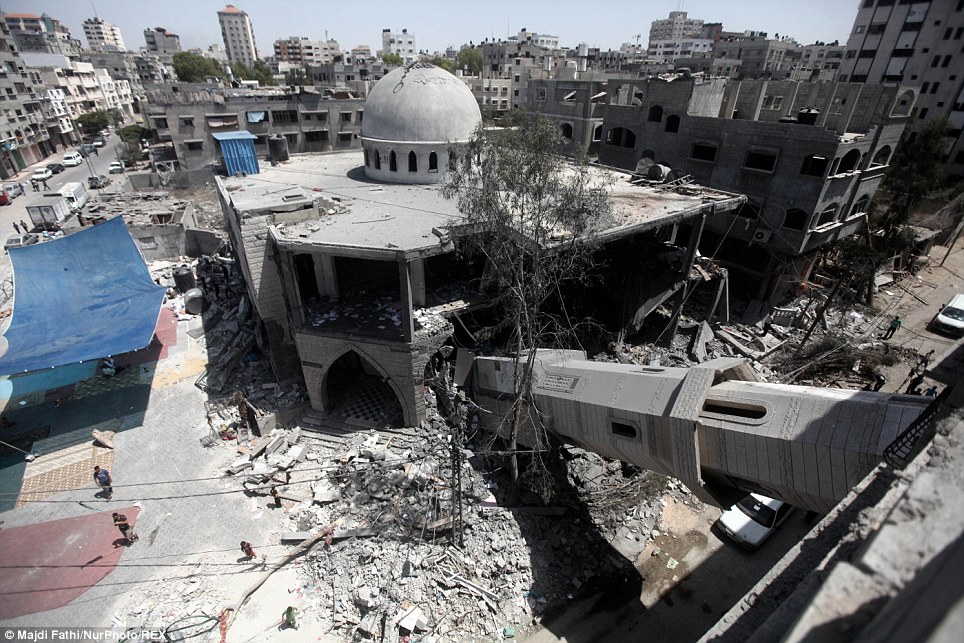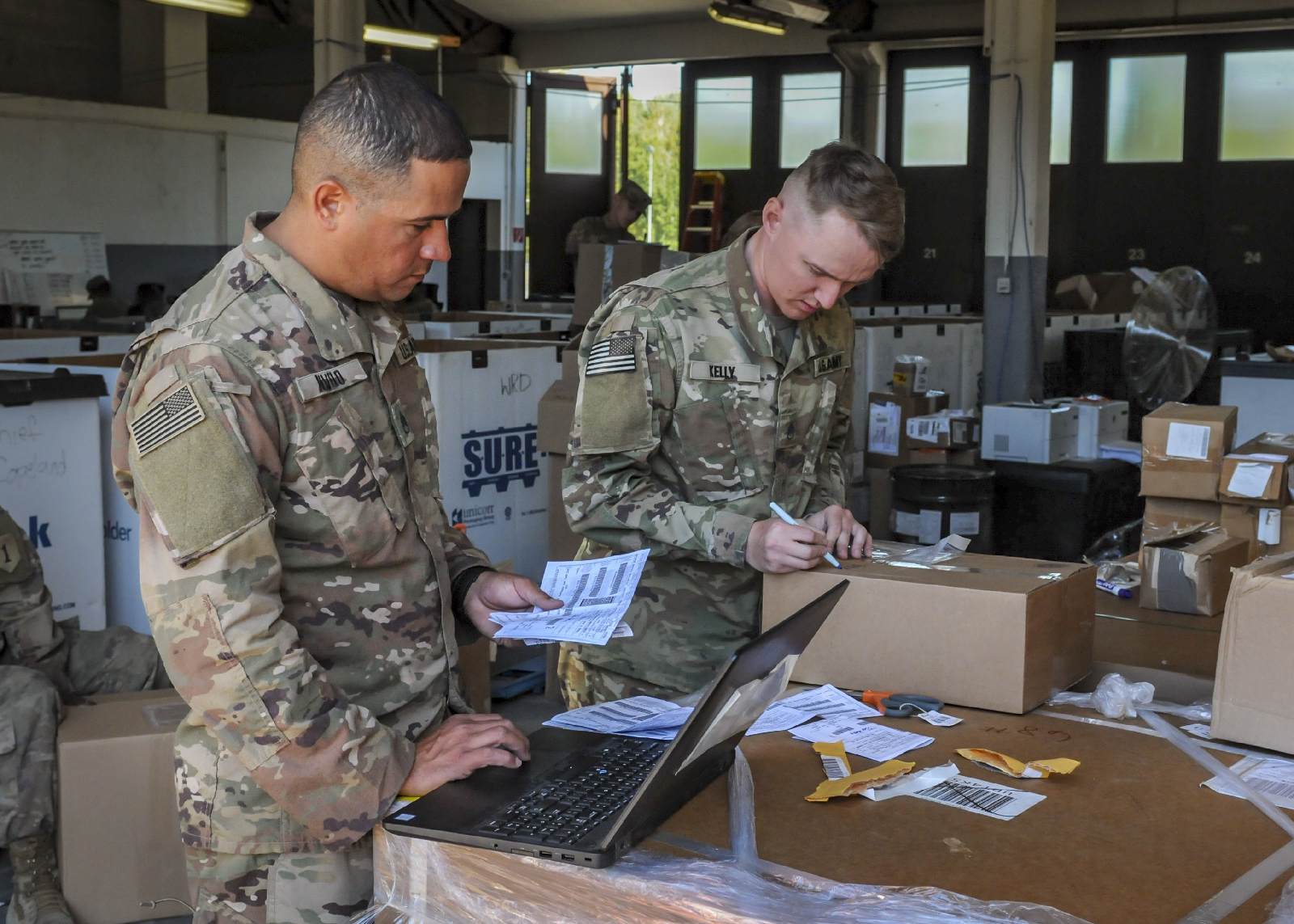Tuesday, 11 February 2025
VLODIMIR ZELENSKI IS THE GRETA THUNBERG OF GEOPOLITICS
TRUMP'S TARIFFS AND THE PRICE OF GOLD
GAZA - TRUMP'S REAL PLAN
Saturday, 8 February 2025
THE DISRUPTORS
Thursday, 6 February 2025
HAS THE WORLD CHANGED SINCE 24 FEBRUARY 2022
THE FAILURE OF AMERICA TO DOMINATE THE WORLD ISLAND
INNOVATION IN MODERN WARFARE
DEPARTMENT OF DEFENSE, PENTAGON AND CIA
Monday, 3 February 2025
RECENT CASES OF ELECTORAL MALPRACTICE
Saturday, 1 February 2025
AMERICA'S GEOPOLITICAL DILEMMA IN A MULTIPOLAR WORLD
America’s Geopolitical Dilemma in a Multipolar World
1 February 2025
https://youtu.be/v0uY3ZoDwYs?si=izG19Y0NgQ8T_3-W
The new American administration recognises the world us settling back into a multipolar order, where diplomacy and economic competition take centre stage over military confrontation. It is also very important to recognise that the the new Secretary of State, Marco Rubio, acknowledges that Ukraine has lost the war.
The central concern for Washington’s foreign policy strategists is a long-standing one: preventing any single power—or coalition—from dominating Eurasia, the so-called “World Island” described by Sir Halford Mackinder.
For decades, U.S. policy has sought to maintain equilibrium in Eurasia between land power (Russia, China) and sea power (the Anglo-American alliance). The neoconservative approach has been to disrupt potential challengers before they become existential threats.
One persistent fear has been a strategic partnership between Germany and Russia, which would merge German industrial strength with Russian resources—a combination that could undercut American influence in Europe and beyond.
How Will the U.S. Manage These Risks?
- Keeping Germany in Check:
The U.S. has long pressured Germany to distance itself from Russia. The sabotage of Nord Stream in 2022—though no one officially claimed responsibility—was widely interpreted as a message: European energy dependence on Russia is unacceptable.
Economic policies, sanctions, and security dependencies (via NATO) serve to keep Berlin aligned with Washington rather than pursuing independent strategic interests.
- Containing Russia and China:
The war in Ukraine has been a proxy battlefield for weakening Russia. While U.S. support has faltered in recent months, the underlying goal remains unchanged: to prevent Russia from becoming a dominant force in Europe.
In Asia, U.S. alliances with Japan, South Korea, and Australia counterbalance China, while economic pressure attempts to stifle Beijing’s technological and military growth.
Moral Contradictions in Foreign Policy:
The U.S. positions itself as a champion of sovereignty and international law in Europe, yet openly supports military interventions and occupations in the Middle East.
How does Washington justify backing Ukrainian nationalism while suppressing Palestinian statehood? How does it reconcile sanctioning Russian annexations while endorsing Israeli settlements? These contradictions weaken America's credibility in the eyes of the Global South and even among segments of its own electorate.
The Cost of Hypocrisy
This double standard has seriously discredited America. Countries once aligned with the West now pursue greater autonomy, engaging with China’s Belt and Road Initiative or forming alternative economic blocs.
Meanwhile, at home, the ideological excesses of DEI (Diversity, Equity, and Inclusion) and "woke" politics have created civil divisions, fueled in part by the need to maintain what is an increasingly fragile narrative.
The smothering of dissent—through media narratives, corporate policies, and social pressures—is an attempt to sustain a worldview that is hard to defend. Propaganda may hold for a while, but in a world where multipolarity is reasserting itself, even the most dominant empire cannot ignore reality forever.
When global power shifts, those who fail to adapt risk losing their grip entirely. Under Marco Rubio, it seems that America will adjust its strategy to engage with the new world on equal terms The alterbative would be to continue down the path of resistance until the system it built after the last workd war collapses under its contradictions. So Rubio understands this.




























